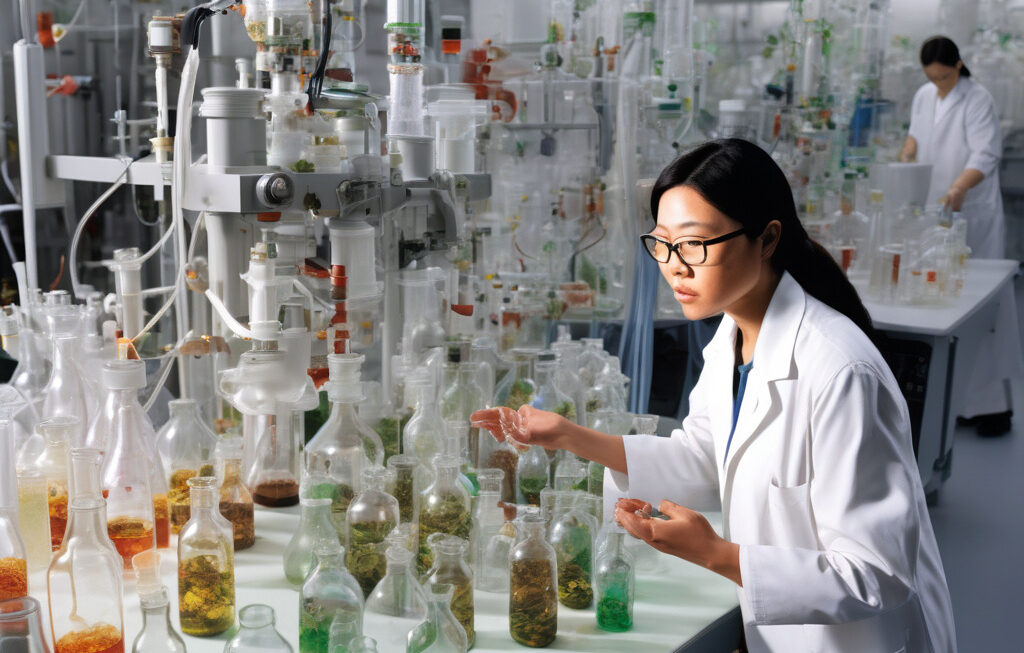New Plastic Upcycling Method Reduces Pre-Sorting Burdens
In a world where plastic waste management is becoming increasingly challenging, innovative solutions are crucial. Northwestern University chemists have recently unveiled a groundbreaking plastic upcycling method that has the potential to revolutionize the recycling industry by significantly reducing the need for pre-sorting mixed plastic waste.
The conventional process of recycling plastic involves meticulous pre-sorting to separate different types of plastics before they can be processed. This time-consuming and labor-intensive step often hinders the efficiency of recycling operations and contributes to the overall complexity of plastic waste management.
The new plastic upcycling method developed by Northwestern University chemists aims to streamline this process by enabling the simultaneous upcycling of multiple types of plastics without the need for extensive pre-sorting. This innovative approach not only saves time and resources but also paves the way for a more sustainable and effective plastic recycling system.
One of the key advantages of this new upcycling method is its versatility in handling various types of plastic waste, including mixed plastics that are traditionally challenging to recycle. By eliminating the pre-sorting requirements, this technology simplifies the recycling process and makes it more accessible and cost-effective for recycling facilities and industries.
Moreover, the upcycled plastic produced through this method exhibits enhanced properties compared to traditional recycled plastics. The advanced chemical processes employed in the upcycling technique result in higher-quality plastic materials that can be used in a wide range of applications, from manufacturing to packaging.
The implications of this innovation extend beyond environmental benefits to economic advantages as well. By reducing the pre-sorting burdens associated with plastic recycling, this method has the potential to lower operational costs for recycling facilities and promote the circular economy model by encouraging the reuse of plastic materials in various industries.
As the global plastic pollution crisis continues to escalate, initiatives like the new plastic upcycling method introduced by Northwestern University offer a glimmer of hope for a more sustainable future. By addressing the challenges of plastic waste management at the source and providing a viable solution to streamline the recycling process, this innovation sets a new standard for eco-friendly technologies in the industry.
In conclusion, the development of this novel plastic upcycling method represents a significant milestone in the ongoing efforts to combat plastic pollution and promote a circular economy. With its potential to reduce pre-sorting burdens, improve the quality of recycled plastics, and drive innovation in the recycling sector, this technology holds promise for a greener and more sustainable world.
#PlasticUpcycling #RecyclingInnovation #SustainableSolutions #CircularEconomy #EnvironmentalImpact












